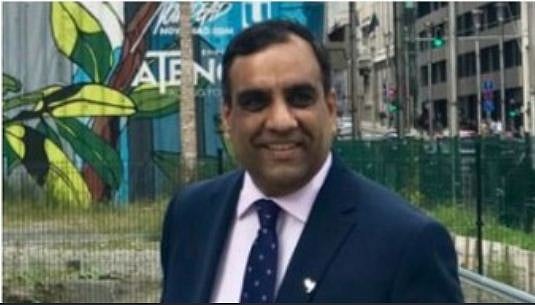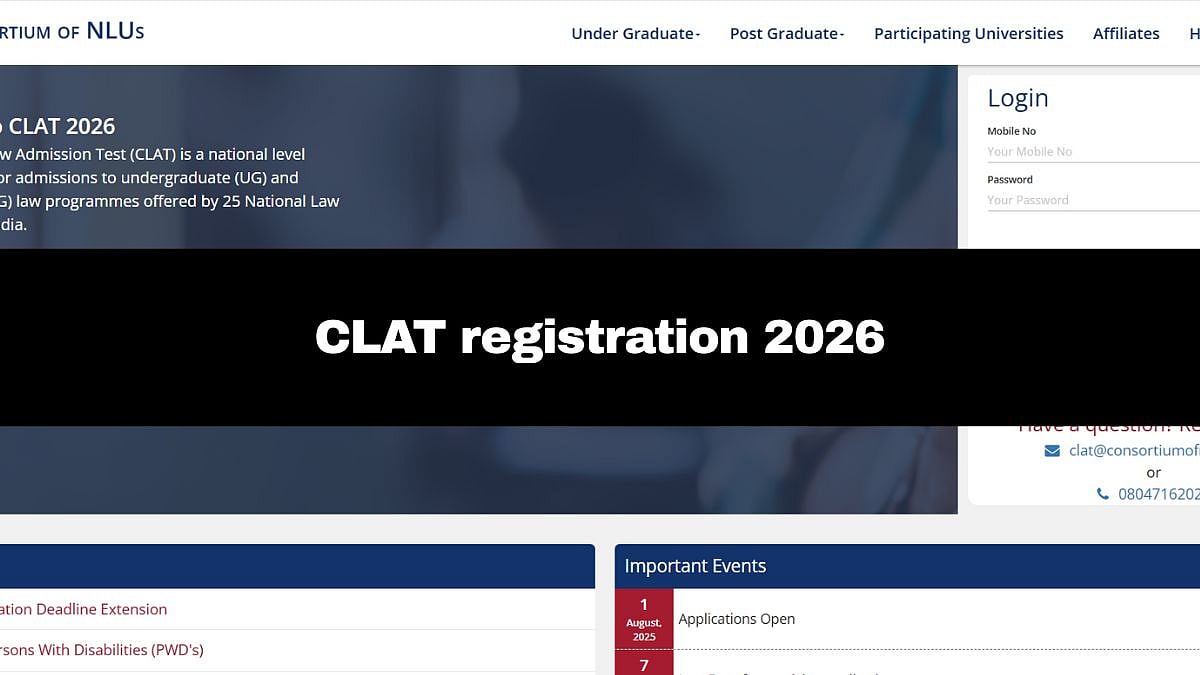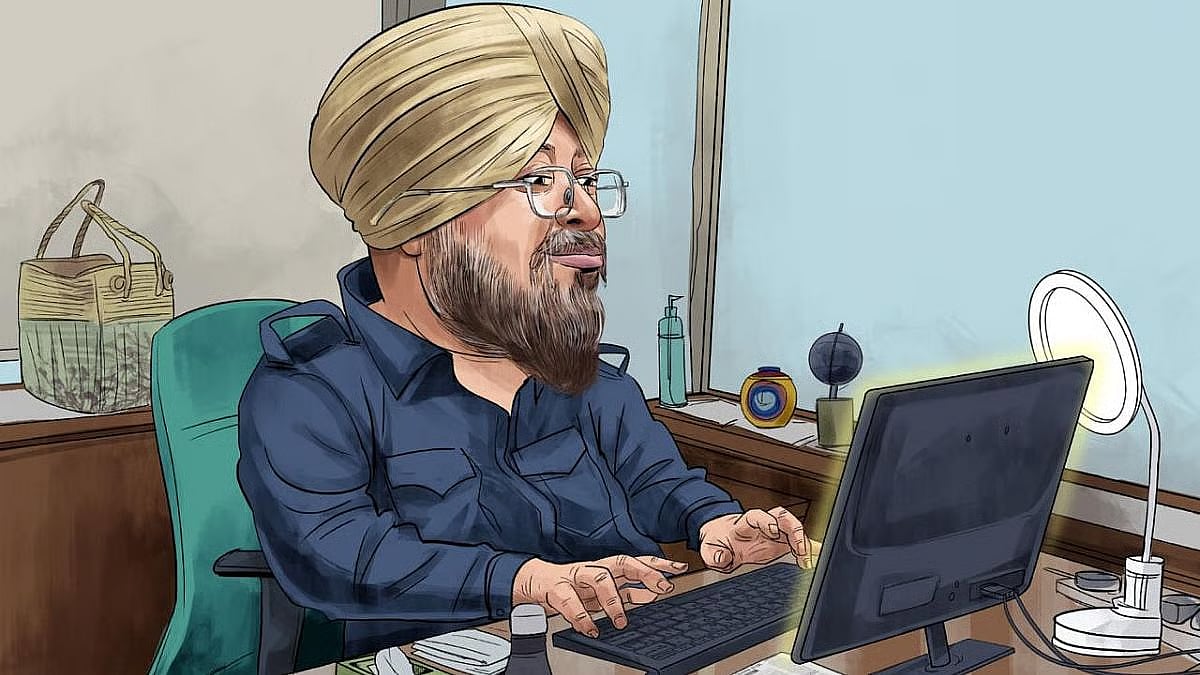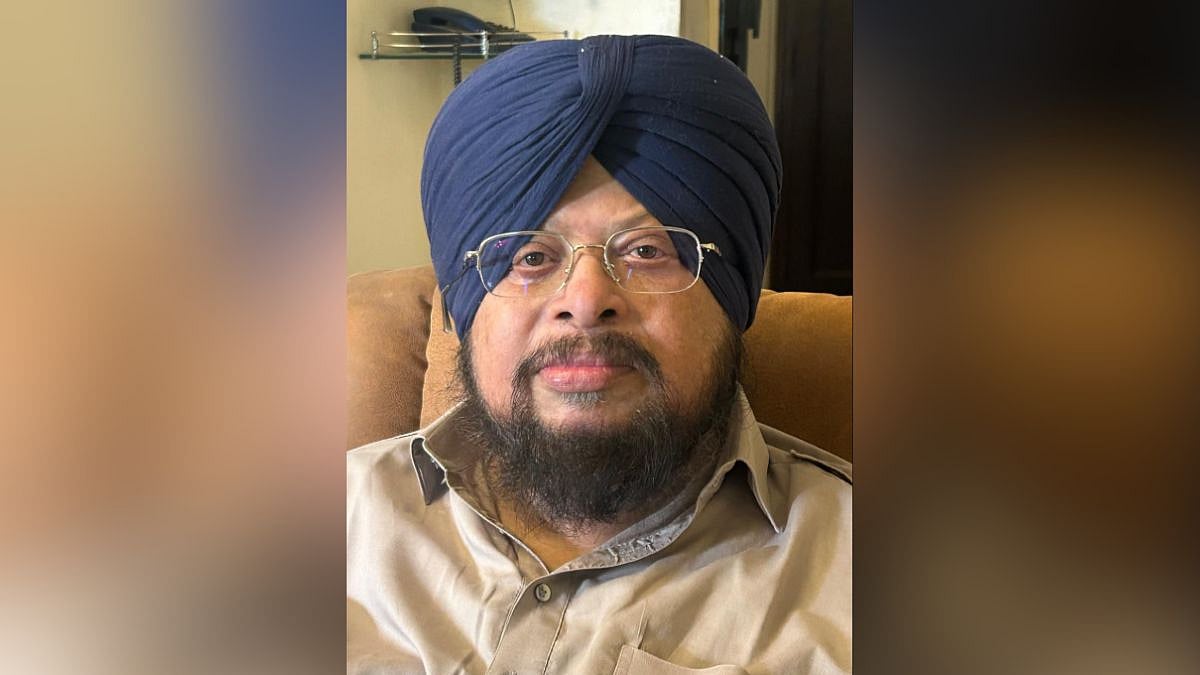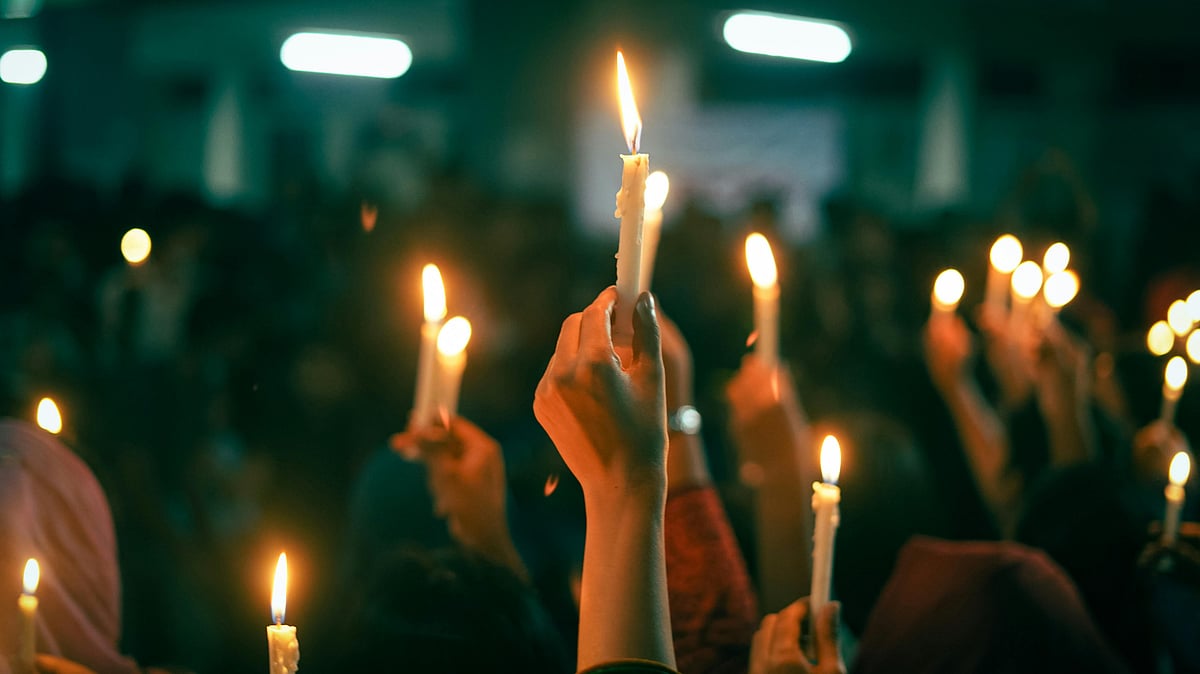Narendra Modi will have to face the hostility of the European Parliament when he goes to Brussels for the India-European Union summit on March 13. This may not matter much in legal terms, but the public relations impact is worth considering. India should not lightly risk alienating friendly governments. The answer lies in taking them into confidence and privately explaining controversial policy decisions.
True, the Indian government is under no obligation to respond to the six resolutions on the Citizenship (Amendment) Act that the EP has adopted. The 751-member EP is not the world’s most effective legislative institution. It is more an opinion-shaping body than a decision-making one. But it would not have taken this stand if the Bharatiya Janata Party-dominated National Democratic Alliance government had not failed abysmally in the task of explaining at home and abroad that the CAA is a long overdue gesture of compassion to resolve an unfinished business of Partition that has already had tragic human consequences. The problem centres now mainly on Bangladesh’s remaining 17 million Hindu fishermen and cultivators. Upper caste Hindu landowners long ago transferred their assets to Calcutta. Middle class professionals like lawyers, doctors and junior government servants left at the time of Partition or in waves of refugees in the years following. Those who are left had nowhere else to go.
Their most influential leader, Jogendra Nath Mandal, had urged them to stay on. A Bengali Dalit, Mandal was one of Pakistan’s founding fathers. He believed that lower caste Hindus were better off there than in a West Bengal, ruled by the landowning elite and where Deshabandhu Chittaranjan Das had once refused to appoint Birendranath Sasmal chief executive of Calcutta Municipal Corporation, lest it offend the city’s powerful and propertied Kayasthas. Ironically, Mandal eventually abandoned Pakistan, complaining of Hindus being discriminated against and persecuted in the Muslim theocracy. Many of the worst victims of dislocation, suffering and loss of possessions – his kin among East Bengal’s Namasudra, Majhi, Kaibartya, Mahisya and other impoverished backward caste peasants and fisherfolk – remained.
Mr Modi’s attempt to show them a way out is bitterly resented by idealists who argue that if Pakistani/Bangladeshi Hindus are offered succour, Muslims can’t be excluded. They have been joined by Indian Muslims whose festering grievances have found a cause for ventilation. Their real anger is over a common civil code, triple talaq, Article 370 in Jammu and Kashmir, police brutality in Jamia Millia Islamia, Aligarh Muslim University and Uttar Pradesh in general, lynchings by so-called gau rakshaks, “love jihad”, ghar wapsi, and the revelation that like British Blacks, Muslims are over-represented in prison. They are also rightly anxious about tirades by Anurag Thakur, the minister of state for finance with his “Shoot the traitors” call, and Dilip Ghosh, the BJP’s West Bengal chief, who vows to shoot dissenters “like dogs” and “throw out” the “lungyi brigade”.
Some of the resultant tumult can be heard abroad where Hasina Wazed said the other day that although the CAA is an internal Indian matter, she cannot understand why India thinks it necessary. She naturally can’t, for the new law indicts the social climate of her country. Thousands of Bangladeshi Muslims in Britain sympathise with the agitators. So do Pakistanis, who have not forgotten how Muslims were killed in Gujarat when Mr Modi was chief minister. In fact, Mirpur-born Shaffaq Mohammed, active in Britain’s Liberal Democratic Party and a member of the EP, was among those who sponsored the six resolutions. In the past, Mr Mohammed has spoken in favour of self-determination by Jammu and Kashmir, and criticised the August 5 revocation of Article 370.
The very fact that the EU has been at some pains to dissociate itself from the EP over the CAA, shows that India-EU relations may not suffer too much as a result of this expression of disapproval. Yet, it does not help India either at home or in its dealings with other countries if the impression persists that Mr Modi is hostile to India’s 200 million Muslims, and that the CAA is one more instrument to be leveraged against them. The National Population Register and the National Register of Citizens have somehow been linked with the CAA as further means of pressuring Muslims.
Most of the EP resolutions are scathingly critical of the CAA, while some also criticise the implementation of the NRC in Assam, where nearly two million names were left out. The security lockdown and detentions without charge sheet or trial in Jammu and Kashmir have also come in for adverse notice. The most critical of the six resolutions is the one moved by the Progressive Alliance of Socialists and Democrats (known as the S&D) group in the EP. It is the second largest lobby with 154 MEPs, and claims the CAA has the potential to “create the largest statelessness crisis in the world”. The resolution moved by the centre-right European People's Party group, the largest of all with 182 MEPs, says the law could have negative consequences for “India’s international image and internal stability”. Mr Mohammed’s Renew Europe group is the third largest.
Even when debated and passed, such resolutions are not binding on the European Commission. However, they can increase pressure on the Indian government at a time when it is grappling with
strong criticism from Western powers, including key EU members like Germany, of its handling of the situation in Kashmir, the citizenship law and the NRC implementation in Assam. EP members could also lobby politicians in their home countries to raise these issues. One of the groups of MEPs has suggested in its resolution that the CAA should be raised during Mr Modi’s visit. The EU has already expressed concern about the situation in Kashmir and visits to the region by EU envoys are currently being discussed in Brussels and New Delhi.
It might be mentioned in this context that although the two sides have struggled to negotiate a trade agreement, the EU is India’s largest trading partner, accounting for 92 billion euros worth of trade in goods in 2018 or 12.9 per cent of India’s total external trade. It is also a key source of much-needed inward foreign direct investment, which was worth 5 billion euros in 2014. The EU is the leading destination for Indian exports, accounting for nearly 18 per cent of what the country sells abroad. India’s 7.87 billion euro purchase of French Rafale fighter jets underlines the strategic importance of some EU members.
The group is not to be trifled with, either individually or collectively. India needs to pay greater attention to the impression it creates abroad.
The writer is the author of several books and a regular media columnist.
